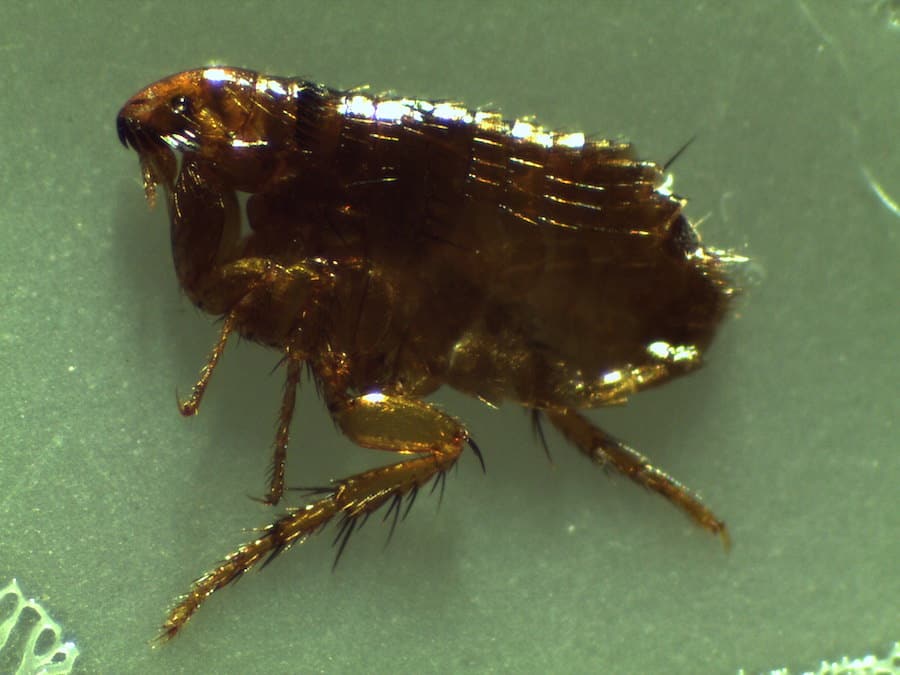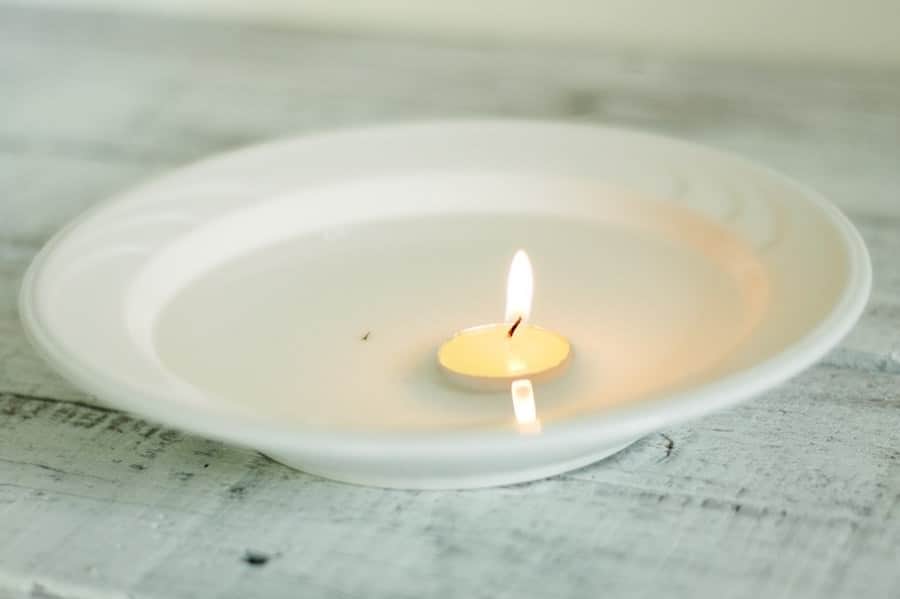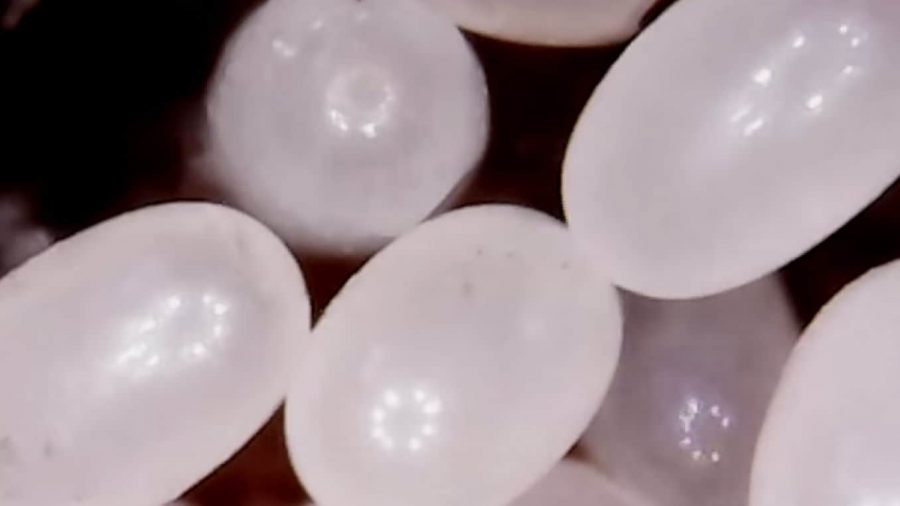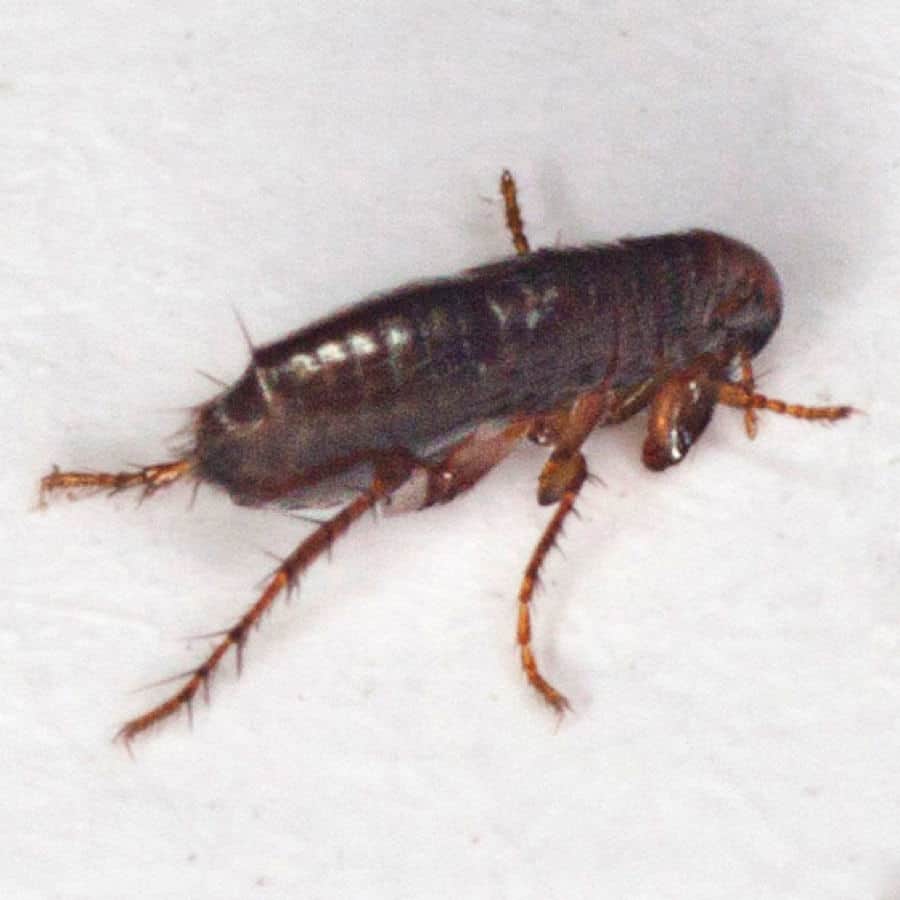Borax & Boric Acid To Kill Fleas
Fleas may only be tiny insects, but they have a profound effect on your home and your pets if you encounter a flea infestation. You hear many opinions about what to use when it comes to ridding your home of fleas and this can leave you confused as to what really works.
Borax is a popular product which comes up in searches when looking to find answers about how to rid your home of fleas, but does it really work?
This article aims to clarify answers you have about whether borax kills fleas and if it will really help to rid your home of a flea infestation.
What is Boric Acid/Borax?
Both these products are similar, and each contains the element, boron; however, they have different properties. Both compounds have many dithering uses, but they do have one purpose in common, which is as an insecticide.
The names of the two compounds are often used interchangeably. Nevertheless, it is important to remember that, although they have similarities, they are in fact different substances.
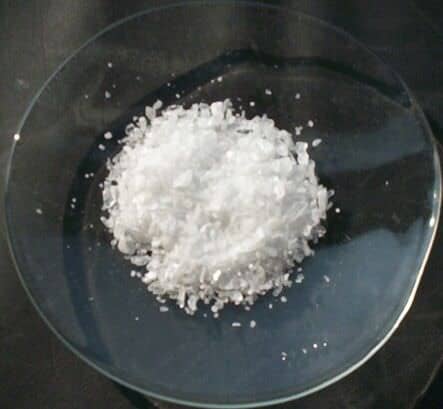
Boric Acid
This compound is mined from a mineral called sassolite and may also be known as hydrogen borate. Boric acid has many functions. For example, it can be used as an antiseptic, in food preservation or tanning animal hides.
Boric acid can is an element of naturally occurring minerals, such as borax and boracite. Its salts can be found in seawater, plants and most fruits.
Borax
This is a salt of boric acid and is also known as sodium borate or sodium tetraborate. Borax is mined from kernite, colemanite, and tourmaline. Borax also has many uses, such as:
- Fire retardant
- A component in detergents and cosmetics
- Antifungal compound
- Texturing agent used in foods
- Manufacture of fiberglass
While both have the common purpose as an insecticide, this is where their similarities end. As you can see, each one has many uses but, unless you are intending to utilize either of them as an insecticide, do not mix up the two compounds when purchasing.
Whether you are using boric acid or borax, it is always important to read the labels and follow the manufacturer’s instructions. While they are low in toxicity, they could cause adverse effects if used incorrectly.
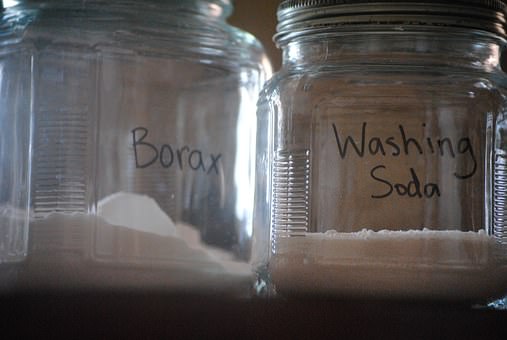
Does Borax Kill Fleas?
Borax is more commonly known for its uses based around laundry, but it is also known as an insecticide. It is an odorless powder and is readily available to buy in grocery stores.
Borax will effectively kill adult fleas and flea larvae. Although borax is a powder, it has a crystal-like surface which will cut into the exoskeleton of the flea as it comes into contact with it. Once inside the flea, it will work to dehydrate the organs, thus killing it. This works the same way for the larvae, only it doesn’t need to cut through a tough exoskeleton like on the adult. It is absorbed through the surface of the larvae and dehydrates it the same as the adult flea.
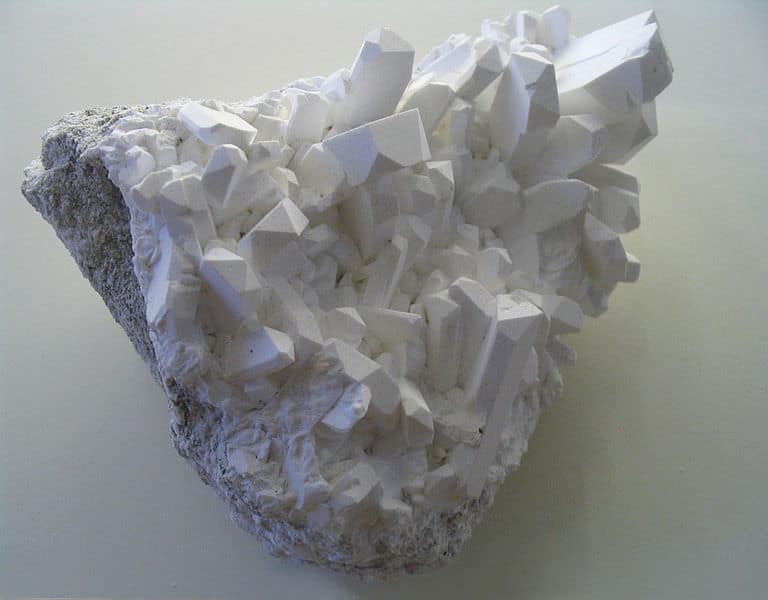
Can Boric Acid Kill Flea Eggs?
Boric acid works well to kill adult fleas and flea larvae. However, the same cannot be said for the flea eggs as it will not actually kill them. Therefore, if you choose to tackle your flea infestation using only boric acid, you will then need to repeat the treatment to combat the infestation, because the cycle will begin again when the eggs hatch.
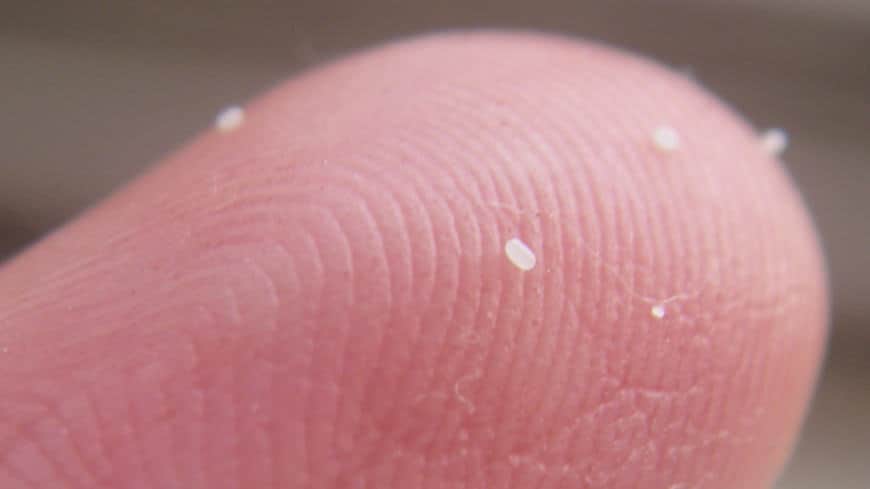
If you have a large flea infestation, you may need to repeat the treatment every day. If the infestation is not so serious, then every couple of days should be sufficient to control all the newly hatched nymphs.
Make sure you vacuum every day to rid your home of dead fleas and larvae. This way, you are not leaving potential food sources around for the newly hatching nymphs.
Will All Types of Boric Acid Work?
Boric acid has been used as an insecticide for decades. It generally comes in the form of a white powder. Unlike flea powders which you can buy for the home, boric acid contains no other harsh chemicals.
Boric acid can be made into a paste or a solution. But the most effective way to use it to kill fleas is using it in powder form.
As fleas only ingest blood, it is unlikely they would choose to ingest a paste or a solution of boric acid. It is, therefore, much better to use the powder, which will come into contact with the exoskeleton of the flea.
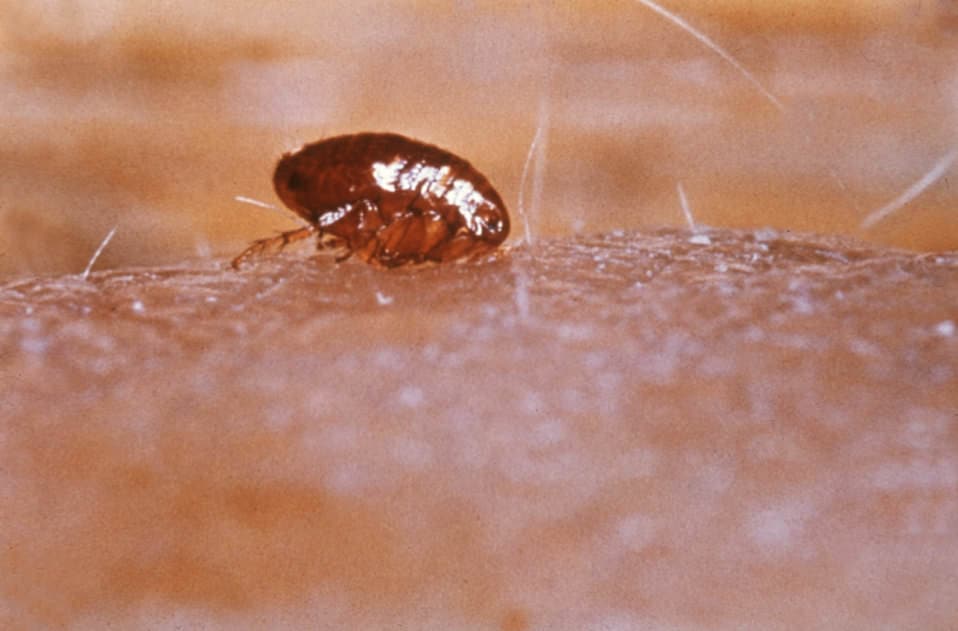
It will then penetrate and work to kill the flea by dehydrating its organs. The flea larvae may ingest the boric acid while scavenging around in the depths of your carpets for food. Again, the powder will act to dehydrate their organs and kill them.
When choosing a boric acid product to treat your flea problem, make sure to use an EPA-registered product. This will ensure you are using it appropriately and in the correct quantities. Although it is not very harmful to humans or animals, it does have some level of toxicity; this is why it is used as a pesticide. By choosing an EPA-registered product, you will be given full safety instructions, which will prevent any harm to you or your pets.
How to Use Boric Acid Against Fleas?
To effectively treat your home for a flea infestation using boric acid, there are several steps to follow. It is important to complete the procedure fully to ensure the flea infestation is eradicated from your home.
- Vacuum all carpeted areas of your home and all upholstered items of furniture.
- Dispose of the vacuum bag or thoroughly clean your bagless vacuum and filters.
- Make sure all loose items are removed from the area, e.g. toys, shoes, and plants.
- Use a shaker to apply a fine layer of the boric acid powder to the area you are treating.
- It is advisable to carry out a pre-test first on an area of carpet or upholstery which won’t be noticed; the product may cause discoloration.
- Work the powder into the carpet or upholstery using a brush, ensuring it reaches the base of the carpet and into any gaps and seams of upholstery.
- After one or two days, vacuum all the carpets and upholstery again, as above.
- Make sure you have treated your pets for fleas (not with boric acid).
- If the flea infestation is prolific, you may need to repeat the process again after vacuuming, as boric acid does not kill the flea eggs.
- About one month after you have eliminated all the fleas, larvae and eggs, shampoo all carpets and upholstery.
Risks of Using Boric Acid Against Fleas
All insecticides come with an element of risk when using them. They are designed to kill something and, as such, will have a degree of toxicity in order to achieve that outcome.
Both boric acid and borax are natural products, but they still come with a risk of toxicity, albeit low. This is why it is necessary to make sure you follow instructions carefully when using them, to reduce the chance of any harmful effects occurring.
Harmful Effects of Boric Acid/Borax
- Irritant to skin and eyes.
- Inhaling the powder can cause lung problems for cats.
- Vomiting, nausea for humans.
- Dangerous when ingested in amounts exceeding 5 mg.
- Can cause damage to carpets and upholstery.
- Can kill plants.
- Harmful to pregnant women.
If you have pets and small children around the home, they can easily come into contact with the substance after you have applied it. Small children could play on the carpets and floors, so their skin may come into contact with the substance. There is also a risk of ingestion through hand to mouth contact. The same risks apply to pets as they move around the home and groom themselves.
You can take precautions to help minimize these risks by wearing a mask, using gloves, opening windows and wearing long pants and sleeves. Once a room has been treated, close it off until the treatment is complete and the room is cleared of any remaining boric acid.
Summary
We now have a better understanding of boric acid and borax. Although they are separate substances and have different uses, they do have one thing in common; their purpose as an insecticide. It is also good to note that their names are used interchangeably when it comes to discussing them as insecticides.
It is, however, important to realize that if you intend to use these two substances for other reasons, then you must not confuse them. Their use as an insecticide is where the similarity ends.
We looked into whether borax kills fleas and the answer is yes, although it doesn’t kill flea eggs. You now know how to use borax correctly to eradicate a flea infestation in your home. You are also aware of the safety precautions required when using borax, to reduce the chance of experiencing any harmful effects from the product.


